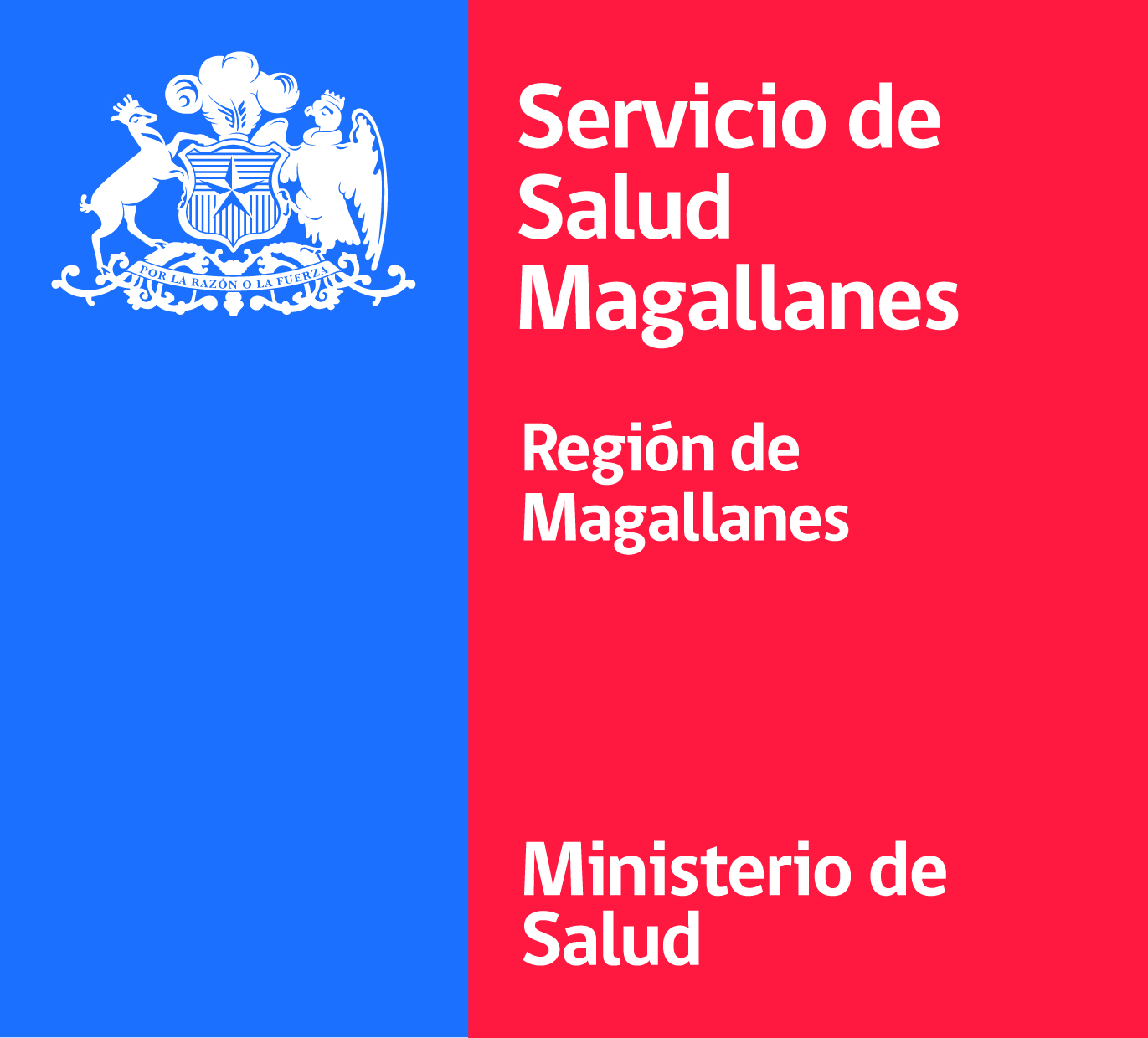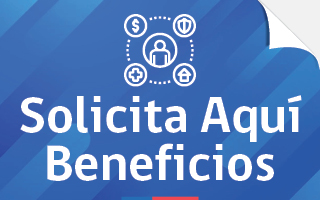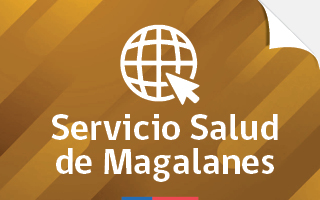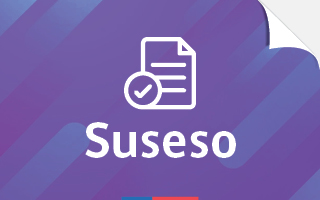Where Did They Legalize All Drugs
In 2021, New York legalized cannabis for adults by passing the Marijuana Regulation and Taxation Act (MRTA). [118] When the drugs arrived, they all struck at the same time. This was in the 80s, and when one in 10 people had slipped into the depths of heroin use – bankers, students, carpenters, celebrities, miners – Portugal panicked. The Czech Republic, the Netherlands, Portugal and Switzerland are among a handful of countries that have decriminalized drug use and possession for personal use and have also invested in harm reduction programs. As a result, diagnoses are low among people who inject drugs in these countries. The first official call to change Portugal`s drug laws came from Rui Pereira, a former constitutional judge who revised the penal code in 1996. He found the practice of imprisoning people for drug use counterproductive and unethical. «I immediately thought it was not legitimate for the state to punish users,» he told me in his office at the University of Lisbon`s Faculty of Law. At the time, about half of those incarcerated were there for drug-related reasons, and the epidemic, he said, was seen as «an intractable problem.» It recommended discouraging drug use without imposing sanctions or further alienating drug users. His proposals were not immediately accepted, but they did not go unnoticed. Decriminalization of drugs requires less control and punishment than existing laws. Proponents of drug decriminalization generally support the use of fines or other penalties as an alternative to jail time, often proposing systems under which illicit drug users who are caught are fined, but therefore do not receive a permanent criminal record. A central element of drug decriminalization is the concept of harm reduction.
In 2002 and 2006, Brazil underwent legislative changes that led to a partial decriminalization of property for personal use. Prison sentences were no longer enforced and replaced by education and community service. [83] However, the 2006 Act does not provide an objective means of distinguishing between consumers and traffickers. There is a gap between the decriminalization of drug use and the increased penalty of drug sales, punishable by up to 5 years` imprisonment for the sale of very small quantities of drugs. Most of those imprisoned for drug trafficking are offenders caught selling small amounts of drugs, including drug users who sell drugs to finance their consumption habits. Since 2006, there has been a long debate about whether the drug law violates the constitution and the principle of individual liberty. In 2009,[84] the Federal Supreme Court reopened its doors to rule on constitutionality or violation of the Constitution, in particular on personal choices. Since each minister in the court can take personal time to evaluate the law, voting can take years.
In fact, the vote was reopened in 2015, 3 ministers voted in favour, and then the law was suspended again by another minister. [85] Under the influence of the Single Convention on Narcotic Drugs (1961) – known for establishing a coordinated international fight against the drug phenomenon – Portuguese Legislative Decree No. 420/70 (3. September 1970) and regulated the suppression of trafficking, but surprisingly – the latter moderately. At that time, the law emphasized the immorality of drugs and the absence of criminal liability of the user, based exclusively on a public safety perspective at the expense of health, which was not in accordance with this Convention. Shortly thereafter, Decree-Law No. 792/76 (3 December 1976) reported a slight progress: drug use was understood as a complex medical-psychological problem; and led to the creation of the Centre for Drug Research and Prophylaxis (Figure 1). But throwing nearly a century of prohibition overboard when the supposed benefits remain so uncertain and the potential costs are so high would require a Herculean leap of faith. Only an extremely serious and widespread deterioration of the current drug situation, at the national and international levels, is likely to produce the consensus – again national and international – that could lead to such a leap.
Even then, the legislative challenge would be enormous. The debate over how to set conditions for controlling access to each of the dozen popular drugs could monopolize lawmakers in major industrialized countries for years.




